AI in Pharma Medical Affairs and Commercial
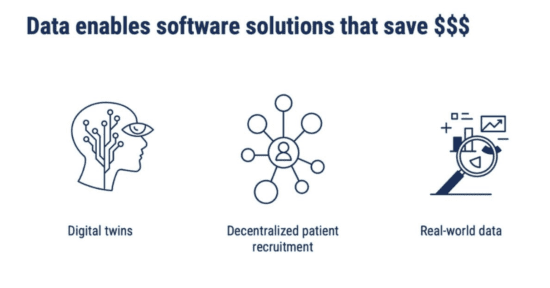
Machine learning can also accelerate the regulatory submission process, as the massive amounts of data generated during clinical trials can be captured and effectively shared to collaborate between investigators, contract research organizations (CROs) and sponsor organizations. In pharmacovigilance, huge amounts of structured and unstructured data need to be reviewed so that we can provide oversight. […]
AI in Clinical Trial Operations
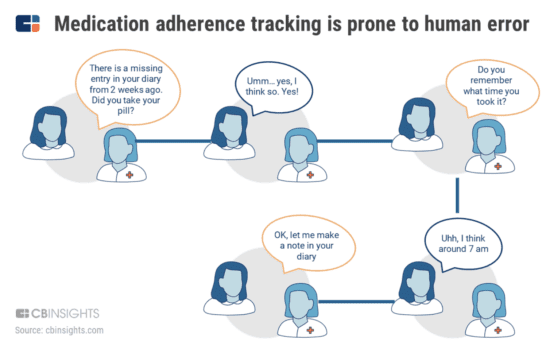
AI can introduce key intelligent automation to different processes in the actual running of trial operations. Some examples of this include using AI in monitoring medication adherence, creating digital twins and synthetic arms that help reduce the number of patients needed, and identifying optimal patients for recruitment by analyzing clinical information. Non-adherence often leads […]
Patient Stratification for Clinical Trials
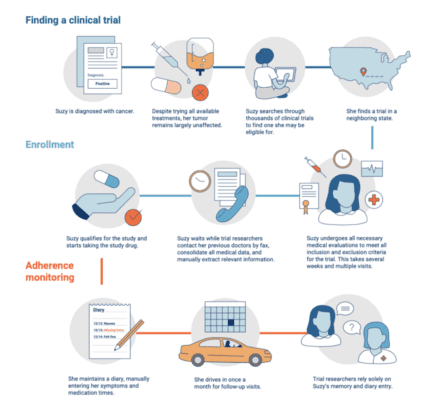
Here, we’re talking about technologies that help with finding, screening, selecting, recruiting and keeping study patients. A variety of AI technologies can assist in this process. You can use NLP on clinical notes as a first pass to find patients with the right stage of disease once you know their diagnosis from the ICD-10 codes. […]
AI in Clinical Trials III
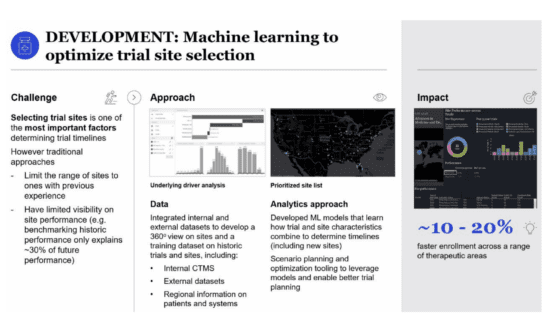
A technique called adaptive design, which relies on a more flexible approach to clinical trials, has become a key trend for researchers tackling COVID-19. Traditional studies are more rigid about endpoints and dosing regimens, while adaptive designs allow researchers to make modifications as the trial progresses. One of the biggest ongoing challenges is that of […]
AI in Clinical Trials II
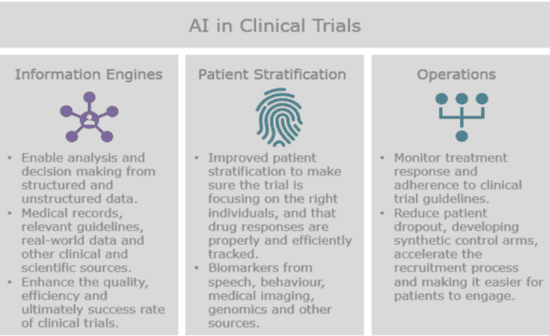
A big part of doing clinical trials is to aggregate and mine data from a number of disparate sources to enhance the efficiency, quality and success rate of clinical trials. This is done by extracting structured and unstructured data that’s relevant to the design and conduct of the trial. Natural language processing can help us […]
AI in Clinical Trials I
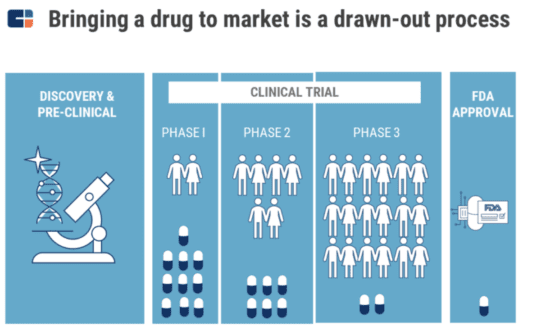
Once you find a promising drug or device, you need to take it through trials. This is another long and complicated process. We need to make sure that these products are safe and effective before they’re prescribed to large numbers of people. So many things about this process are difficult: deciding which patient population would […]
AI in Drug Discovery V

The companies focused on using AI in drug discovery fall into two categories: Information engines and disease models inform general drug discovery and can be used by the wider scientific community at the earliest stages of development Drug design and optimization vendors produce algorithms design to improve the drug design process and develop candidates […]
AI in Drug Discovery IV
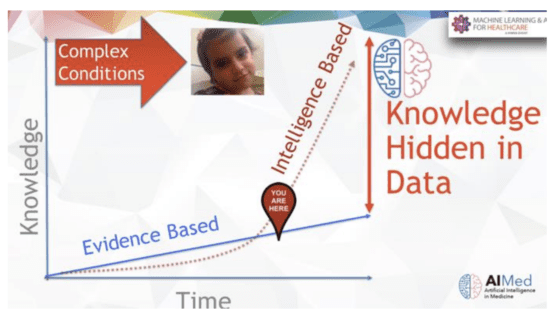
Companies like Atomwise, Exscientia, InSilico Medicine, Insitro, HealX and Cyclica have been pursuing partnerships with big pharma along with the development of their own compounds. There are two main business models that we’re starting to see here. First, there’s the biotech startups that are using internal research and development to discover new drugs. Second, there’s […]
AI in Drug Discovery III
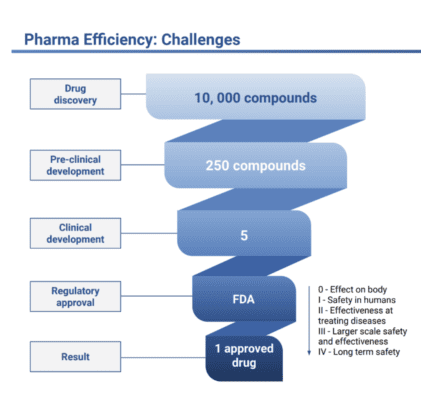
Biological processes are complex, and that means that they lead to multi-dimensional data that human beings struggle to wrap their heads around. The good news is that AI is the perfect tool to spot patterns in this kind of data, and startups are increasingly using it to improve drug discovery from start to finish, from […]
AI in Drug Discovery II
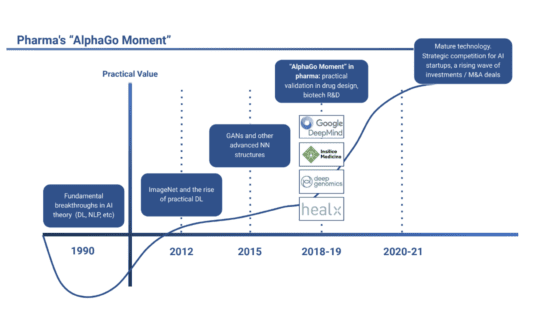
Built on language models, artificial intelligence-powered generators such as ChatGPT can be made to read the codes that make up the building blocks of the human body. Research has found that it’s possible to develop a generalizable program—a “genomic language model”—that could be applied to a variety of different tasks, instead of requiring scientists to […]
